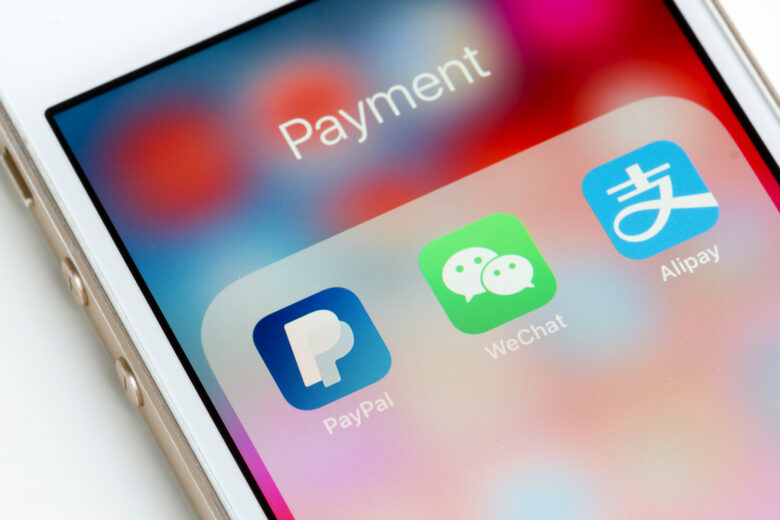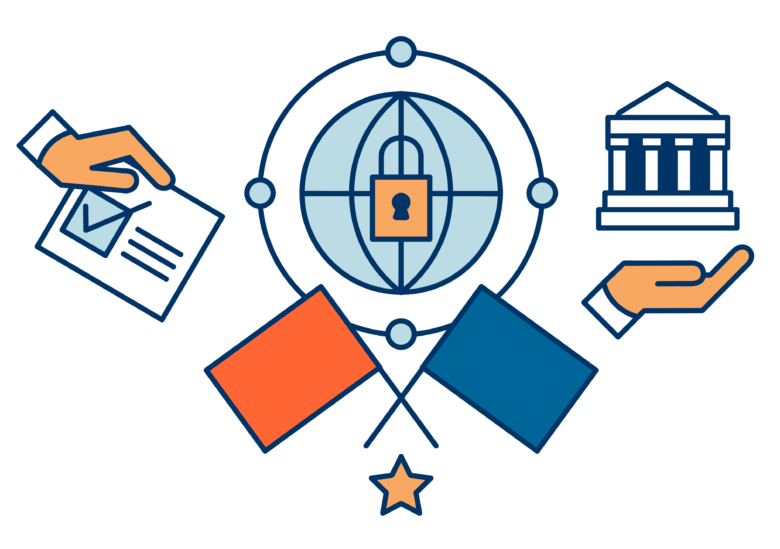As the global market is developing more and more, so are different industries facing new challenges. Staying on top of these turbulent environments full of competition requires flexibility and the ability to keep adjusting all the time. But it also requires the following new technologies. This is why blockchain offers a platform for developing a system that can answer the needs of today’s market.
When mentioning blockchain, many instantly think about the digital currency it’s mostly associated with. But, technology itself represents a much wider term and has great potential for improving all segments of modern society. As cryptopolitan writes, the potential transformation that can occur with the application of this technology in different industry sectors, are vast. In this article, we write about the industries that will most definitely be completely transformed by this technology.
1. Payment industry

Probably everyone has seen the changes this technology has already brought to the payment sector. It created a platform on which the transfer of money can happen without any interference of a mediator or additional fees, in a blink of an eye.
However, there’s an additional initiative that can contribute to further transformation, and it’s called Kora. This network is aiming to create an inclusive financial infrastructure, for international payments. The money exchange between the people and the companies will happen in a more transparent way using blockchain.
Its main characteristic will be low expenses and available to billions of people worldwide, without any kind of financial identity.
It will show its significance in the markets that are still being developed, connecting people, communities, capital.
2. Real estate industry

Whoever participated in buying or selling real estate knows how frustrating, time-consuming this can be, not to mention how many papers these transactions require. Blockchain can completely remove the headache caused by paperwork. All the important information about the transactions can be safely stored, without papers, bureaucracy, and with a lot fewer expenses. When the conditions for selling are met, smart contracts can make a required sum of money available for the transaction to happen.
Real estate almost always requires a mediator, who takes a percentage out of what you’ve sold. There have been some platforms developed especially for this, such as Deedcoin, that work on this technology and eliminates mediators in the selling process. Above all, the provision they take is less than 1%.
3. Agriculture

Being in the open market small and medium agriculture producers are constantly being exposed to the risk arising from the signing of contracts with the buyers, whose power gives them a better position in negotiations. This somehow makes the relationship unfair, and not really partner-oriented. To continue doing business small productions have to agree on certain conditions given by the mediators, and therefore are forced to turn to bank loans for financial security.
Blockchain will offer a perfect solution to the problem, by being decentralized. What it will do in this case is removing centralized data accumulation and removes the advantage of the buyer in the possession of information putting it in the function of all actors in the market system. This way a bigger possibility of negotiating is offered, bringing producers at the same level as the buyer.
4. Insurance industry

Many industries suffered changes during the transition times, and the insurance industry was also one of them. However, comparing to others, it managed to keep its model and way of doing business. Mediators are the most important link in the chain of insurance, playing a key role in understanding and aligning insurance products with the needs of the customers.
The insurance industry has focused its interest in Blockchain technology mainly on the possibility of recording insurance rights in a transparent manner. This technology has great transformative potential and can greatly facilitate business in the insurance sector. One of the advantages of this technology is its smart contracts. They can completely replace the conventional form of insurance. Also, insurance based on this technology can ensure successful avoidance of expensive regulations, and represent a competitive advantage over regular insurance.
5. Medicine

When dealing with sensitive information regarding health, and possibilities of mistake, error, and loss occur, the result is broken trust between the user and a medical service provider. The biggest contribution of blockchain technology can be in preserving this trust by safeguarding and keeping the information available only to authorized and identified medical personnel.
This technology would eliminate the need for carrying the documents in physical form, and the doctors would have access to all medical data of the patient, with their consent, of course. Public health systems would get a huge number of anonymous data that would make the public health policy easier to manage, and the resources would be allocated according to need, with more ease.
6. Legal regulations

One more area that will be seriously shaken up and turned upside down by the blockchain is the area of legal regulations. Manipulation with the expressed wishes of the deceased or any other document can be eliminated. Documents are stored on the blockchain and can be verified quickly and securely. Any change must be authorized.
There is a possibility that the rights are passed on to children and heirs in a safe way. The technology eliminates court battles over digital heritage, but also the possibility of corruption.
7. Politics

The electoral process is probably something that will influence global change when this technology takes over. In the years behind us, and in the most recent USA presidential elections, political parties have been accused of voter manipulation and manipulation of the election results. This will be the biggest contribution of blockchain to the world – a transparent election process. The technology will take care of voter registration, verification, and counting. Wasting time in re-counting and waiting for preliminary results to be published will be way behind us.
Blockchain technology has already changed the world in many ways. But the best is yet to come. Its true potential is yet to be seen.


